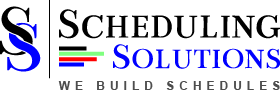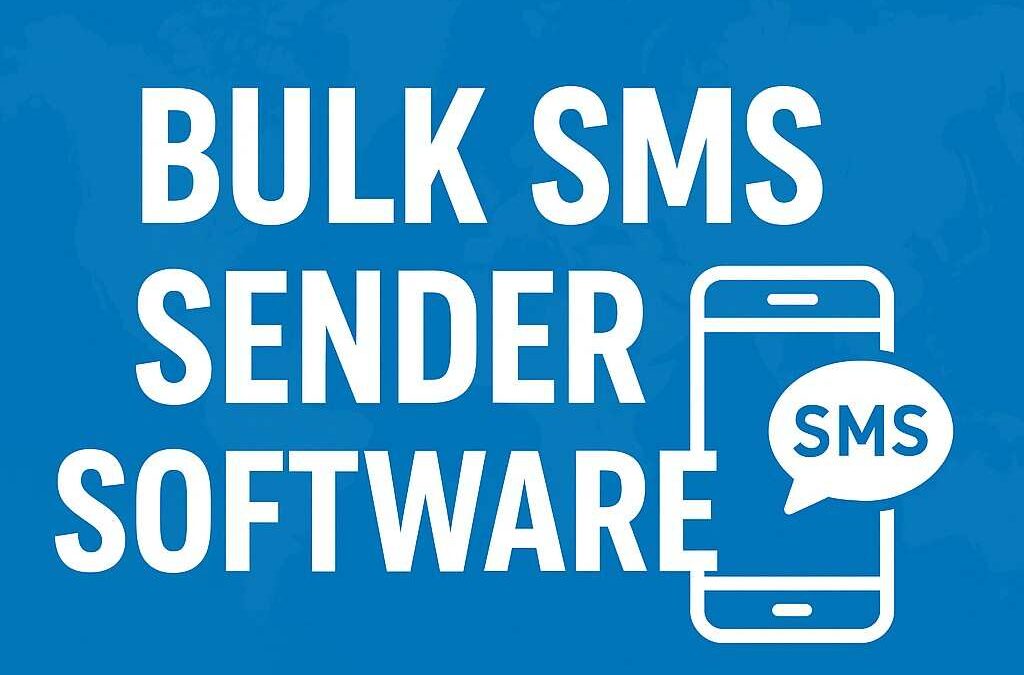In today’s fast-paced and competitive environment, delivering projects on time and within budget is crucial. The success of a project often hinges on one major element: effective project scheduling. While traditional methods like spreadsheets and manual tracking have limitations, modern project scheduling tools have emerged as game-changers—helping managers plan, monitor, and execute projects with precision and clarity.
What Are Project Scheduling Tools?
Project scheduling tools are software applications designed to plan project activities, allocate resources, track progress, manage timelines, and ensure timely project delivery. These tools provide visual timelines, automate updates, and help manage dependencies between tasks—making the project manager’s job much easier and more accurate.
Benefits of Using Project Scheduling Tools
Using the right tool offers several advantages:
-
Improved Time Management
Easily visualize task durations, deadlines, and dependencies. -
Resource Allocation
Assign the right people and materials to the right tasks at the right time. -
Risk Mitigation
Identify potential delays before they become critical issues. -
Enhanced Collaboration
Keep teams aligned and updated with real-time changes. -
Performance Monitoring
Track progress against milestones and key performance indicators (KPIs).
Top Project Scheduling Tools in the Industry
-
Primavera P6
-
Ideal for: Engineering, construction, and infrastructure projects
-
Features: Advanced scheduling, resource leveling, risk analysis
-
Why it stands out: Primavera P6 handles complex, large-scale projects and provides powerful reporting and forecasting capabilities.
-
-
Microsoft Project
-
Ideal for: Mid-to-large sized organizations across various industries
-
Features: Gantt charts, task management, integration with Microsoft 365
-
Why it stands out: User-friendly with seamless integration into the Microsoft ecosystem.
-
-
Smartsheet
-
Ideal for: Collaborative teams needing a spreadsheet-style interface
-
Features: Automation, dashboards, real-time collaboration
-
Why it stands out: Combines project scheduling with ease of use and strong visualization tools.
-
-
Asana
-
Ideal for: Agile teams and startups
-
Features: Task assignment, project boards, timelines
-
Why it stands out: Flexible and easy to implement for teams working on fast-moving projects.
-
-
Trello
-
Ideal for: Small teams and simple projects
-
Features: Kanban boards, checklists, card-based task management
-
Why it stands out: Intuitive and visually simple interface that works great for lightweight scheduling.
-
-
ClickUp
-
Ideal for: All-in-one project management needs
-
Features: Gantt charts, time tracking, automation
-
Why it stands out: Highly customizable with comprehensive scheduling and task management tools.
-
Key Features to Look for in a Project Scheduling Tool
When selecting a scheduling tool, consider these core features:
-
Gantt Chart Visualization
Offers a clear timeline for tasks and deadlines. -
Task Dependencies
Ensures tasks are executed in the correct sequence. -
Milestone Tracking
Highlights important checkpoints throughout the project lifecycle. -
Resource Management
Helps prevent over-allocation or idle time. -
Progress Reporting
Provides visibility into status updates and schedule health. -
Integration Capabilities
Ability to sync with other tools like CRMs, accounting software, or time trackers. -
Mobile Access
For teams working in the field or remotely.
Project Scheduling Tools in Specialized Industries
Some industries require specialized tools tailored to their workflows:
-
Construction & Engineering: Primavera P6 and Asta Powerproject are often preferred for their robust scheduling and critical path analysis.
-
IT & Software Development: Tools like Jira and Monday.com support agile scheduling methodologies like Scrum and Kanban.
-
Marketing & Creative: Tools like Workamajig and Wrike help align campaigns and creative production schedules.
Choosing the Right Tool: What to Consider
When evaluating project scheduling tools, consider the following:
-
Team Size and Structure
Is your team small and agile or large and multi-departmental? -
Project Complexity
Do your projects involve multiple phases, contractors, or regulatory compliance? -
Budget Constraints
Some tools offer free or freemium models; others require enterprise licensing. -
Ease of Use
Complex tools may require training; balance power with simplicity. -
Support and Updates
Choose tools with strong customer support and frequent updates.
The Role of Project Scheduling Consultants
Many companies partner with project scheduling consultants who specialize in deploying and managing these tools effectively. These professionals offer:
-
Tool Selection and Setup
Help in choosing and implementing the most suitable solution. -
Custom Template Creation
Tailored schedules for specific project types. -
Training and Support
Ensure teams can use the tools efficiently. -
Schedule Audits and Optimization
Review current scheduling practices and enhance performance.
Conclusion: The Future is Digital
Project management is no longer about managing sticky notes and spreadsheets. With the rise of digital transformation, project scheduling tools have become indispensable assets for ensuring project success. Whether you’re managing a single project or juggling multiple portfolios, investing in the right tool can elevate performance, reduce risks, and drive long-term value.
By adopting advanced tools and expert assistance, teams can unlock new levels of productivity, accuracy, and project control. In the modern world of tight deadlines and high expectations, project scheduling tools aren’t just helpful—they’re essential.







0 Comments